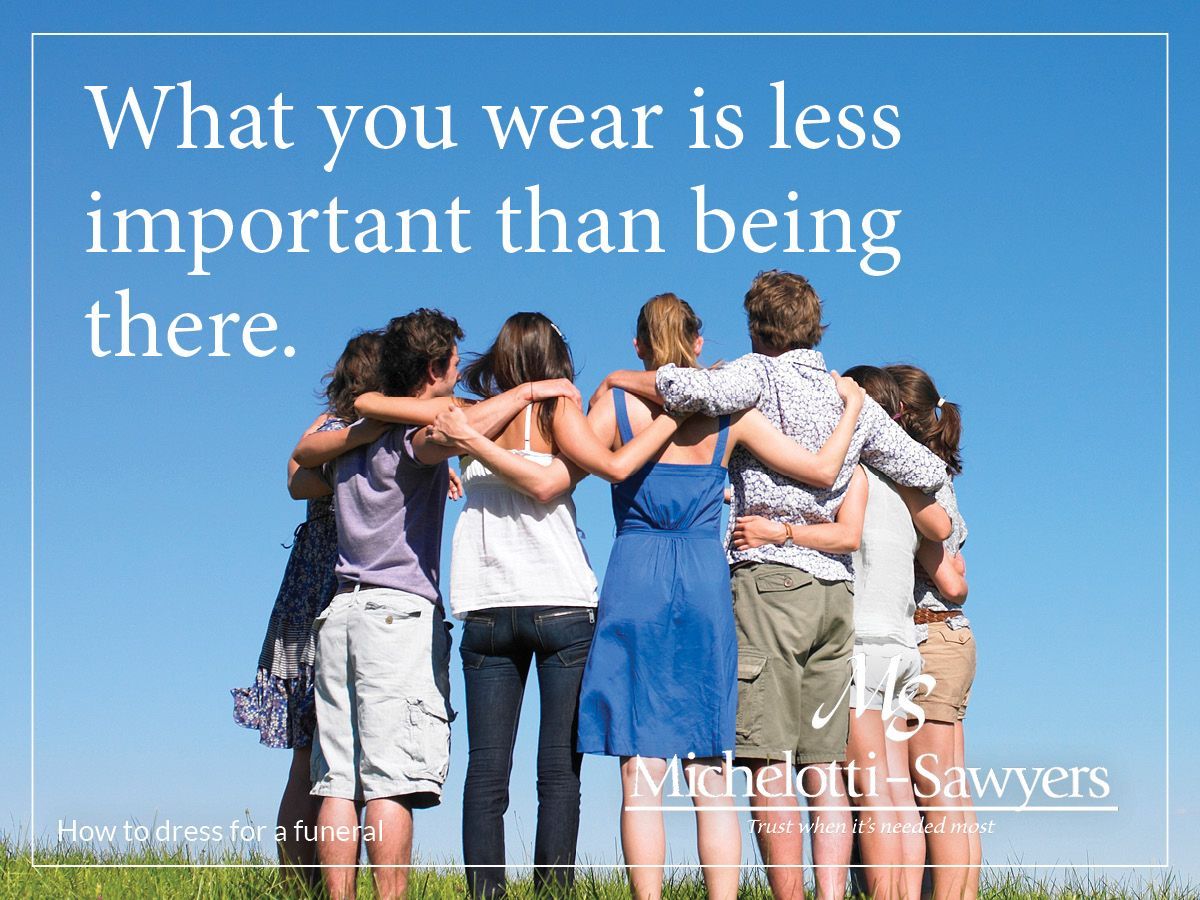The History of Veterans Day
Veterans Day, a national and state holiday, serves as a day for Americans to come together to show their deep respect and appreciation for the military veterans of our country. It is the one day a year when we pause, reflect and show our gratitude to all those who are serving or have ever served in our military. So how did it come to be?
What we know today as Veterans Day was originally called Armistice Day. On November 11, 2019, we celebrate the 101st anniversary of the armistice that ended World War I. This armistice was signed at the 11th hour on the 11th day in the 11th month of 1918. At the time, we believed World War I was “the war to end all wars”. One year after the armistice, President Woodrow Wilson proclaimed November 11th as Armistice Day to commemorate the end of World War I. In his address to his “fellow-countrymen” delivered from the White House on November 11, 1919, Woodrow Wilson praised the contribution of the American people and shared hope for the future.
With
splendid forgetfulness of mere personal concerns, we remodeled our industries,
concentrated our financial resources, increased our agricultural output, and
assembled a great army, so that at the last our power was a decisive factor in
the victory. We were able to bring the vast resources, material and moral, of a
great and free people to the assistance of our associates in Europe who had
suffered and sacrificed without limit in the cause for which we fought.
Out of this victory there arose new possibilities
of political freedom and economic concert. The war showed us the strength of
great nations acting together for high purposes, and the victory of arms
foretells the enduring conquests, which can be made in peace when nations act
justly and in furtherance of the common interests of men.
To us in America the reflections of Armistice Day will be filled with solemn pride in the heroism of those who died in the country’s service, and with gratitude for the victory, both because of the thing from which it has freed us and because of the opportunity it has given America to show her sympathy with peace and justice in the councils of nations.
Of course, lasting peace was not to be. After the Second World War, Alabama veteran Raymond Weeks had the idea to expand Armistice Day to honor all veterans. On May 26, 1954, President Dwight Eisenhower signed into a law a bill presented by Congressman Ed Rees from Kansas establishing Armistice Day as a national holiday eight years after Weeks began celebrating Armistice Day for all veterans. Congress amended the bill on June 1, 1954, replacing "Armistice" with "Veterans," and it has been known as Veterans Day since.
Memorial Day honors those who died in service, Armed Services Day honors those who currently serve. Veterans Day honors ALL veterans. Thank a Veteran on November 11th and be very proud and happy to go to bed tonight in the United States of America.












